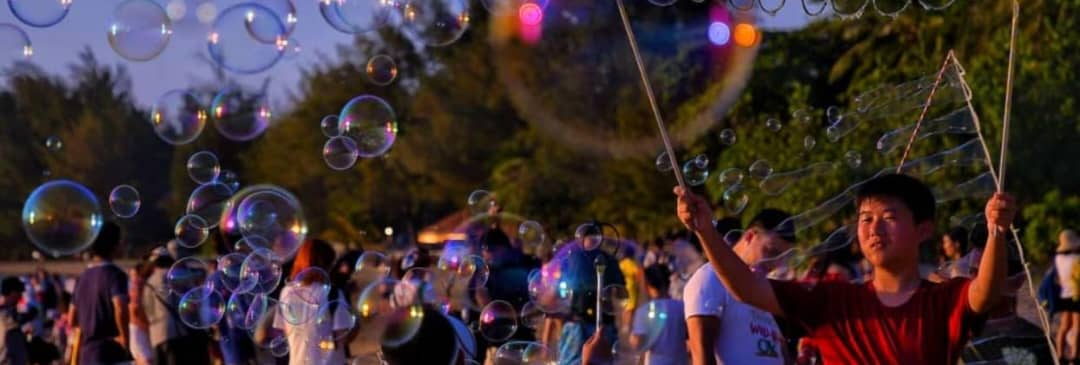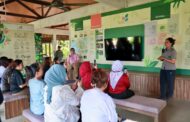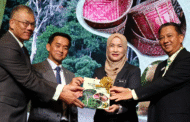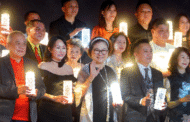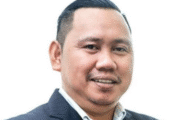Chirstina Liew
KOTA KINABALU: The Tourism, Culture and Environment Ministry (KePKAS) remains committed to safeguarding Sabah’s cultural assets, said Minister Datuk Seri Christina Liew.
Speaking at the inaugural Confucian-Islamic Civilisational Dialogue held at Universiti Malaysia Sabah (UMS) here Tuesday, Liew emphasised that institutions such as the Sabah Museum play a vital role in documenting and preserving the state’s history while educating the younger generation about their heritage.
“I am delighted to note the interest of Chairman Liu Yuzhu and the China Foundation for Cultural Heritage Conservation in working with Sabah. I am confident that your visit to the Sabah Museum tomorrow will open new doors for collaboration in cultural preservation,” she said.
Liew underscored that cultural heritage is the soul of a nation — defining identity, connecting people to their roots and shaping future values.
“As we enter an age of globalisation, we must not allow our cultural heritage to fade. Instead, we must preserve it, learn from it, and share it with the world,” she added.
The dialogue, co-hosted by UMS and the Minzu University of China, provided a platform where history, philosophy, and culture converge to highlight shared human values.
“This Confucian-Islamic Civilisational Dialogue is not merely an academic exercise or a formal event. It is a meaningful forum reminding us of the common values that bind humanity together,” she stressed.
Reflecting on President Xi Jinping’s recent meeting with Prime Minister Datuk Seri Anwar Ibrahim, Liew said the Chinese leader’s call to carry forward such dialogues and strengthen people-to-people ties carries profound significance.
“At a time when the world faces challenges of misunderstanding, polarisation, and division, we must continue to build bridges of dialogue, not walls of separation,” she said.
Liew noted that both Confucian and Islamic philosophies offer timeless lessons that can guide societies today — Confucianism teaches harmony, filial piety, and respect for order, while Islam emphasises compassion, justice and the pursuit of knowledge.
“Together, these civilisations provide values that promote peace, tolerance, and cooperation in the modern era,” she said.
According to her, Sabah is uniquely positioned to embody these ideals, given its long history as a meeting point for diverse cultures and civilisations.
“Situated at the crossroads of maritime Southeast Asia, our state has for centuries welcomed traders, scholars, and travellers from China, the Arab world, India, and beyond,” she said.
She shared with visiting delegates that Sabah is home to more than 30 ethnic groups and over 200 sub-ethnic groups, coexisting in harmony.
“Our society is a living testimony that cultural diversity, when nurtured with mutual respect, becomes a source of strength and resilience,” said Liew.
She added that hosting the dialogue was an honour for Sabah, which takes pride in serving as a platform for mutual learning and cultural cooperation.
From the perspective of strengthening Malaysia-China relations, Liew said ties between the two nations have always been anchored in history, where centuries of maritime trade brought not only goods but also ideas and shared aspirations.
“Today, this relationship continues to grow through cooperation in the economy, tourism, education, and cultural exchange. Sabah has benefited greatly from this partnership — China remains one of our largest sources of international tourists,” she noted.
Beyond tourism, she said, cultural exchange programmes, research collaborations and heritage conservation initiatives between Malaysia and China are flourishing.
“This Dialogue represents a continuation of that history — a conscious effort to deepen cultural diplomacy and ensure our next generation inherits not just economic ties, but also enduring bonds of understanding and friendship,” she added.
Liew also emphasised that people-to-people exchanges are the true foundation of cultural diplomacy.
“When students, artists, scholars, and heritage professionals from Malaysia and China come together, they plant seeds of friendship that can last for decades,” she said.
“This Dialogue is not only an academic forum, but a celebration of our shared human spirit. Through mutual learning, we promote not only intellectual growth but also empathy, respect and peace.”
On behalf of the Sabah Government and KePKAS, Liew extended a warm welcome to guests from abroad, especially from the People’s Republic of China.
Among the attendees were Chairman of the China Foundation for Cultural Heritage Conservation, Liu Yuzhu; Dean of the School of Philosophy and Religious Studies, Minzu University of China, Prof Dr Yin Zhihuaand Associate Dean of the Institute of Area Studies, Associate Prof Dr Zhang Min.
“Let us carry forward the spirit of this Dialogue not just for today, but for the future. May our cooperation continue to flourish, and may the friendship between China and Malaysia — and between Confucian and Islamic civilisations — remain strong and enduring,” said Liew.







